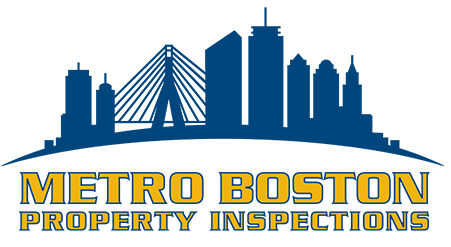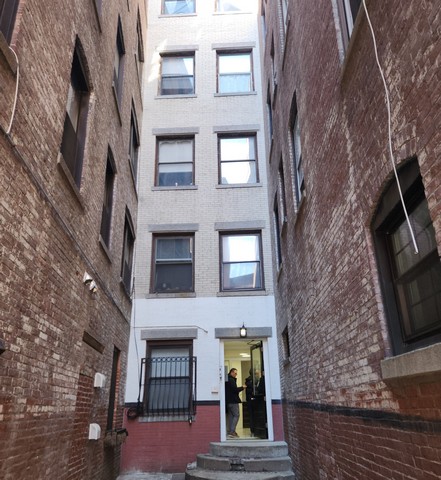Inspecting 5-9 Unit Apartment Buildings
While serving a residential purpose, 5-9 unit apartment buildings are commercial properties and require a commercial inspection. Commercial inspections for 5-9 unit buildings involve thoroughly evaluating the property to identify potential issues or concerns. These inspections are typically more complex than those for single-family homes, as they involve multiple units and may have additional structural and safety considerations. Here are some key aspects to consider when conducting commercial inspections for 5-9 unit buildings:
- **Structural Inspection:**
– Assess the overall structural integrity of the building.
– Examine the foundation, walls, roof, and supporting structures.
– Look for signs of water damage, settling, or other structural issues.
- **Electrical Systems:**
– Check the electrical systems for compliance with local building codes.
– Inspect wiring, panels, outlets, and lighting.
– Identify any potential fire hazards or safety concerns.
- **Plumbing Systems:**
– Examine plumbing fixtures, pipes, and drainage systems.
– Check for leaks, water pressure issues, and signs of water damage.
– Verify compliance with plumbing codes.
- **HVAC (Heating, Ventilation, and Air Conditioning) Systems:**
– Evaluate the heating and cooling systems in each unit.
– Check for proper functioning, maintenance, and safety.
– Ensure compliance with energy efficiency standards.
- **Fire Safety and Life Safety Systems:**
– Inspect fire alarms, sprinkler systems, and emergency exits.
– Verify that smoke detectors are operational.
– Ensure compliance with local fire safety regulations.
- **Accessibility:**
– Check for accessibility features, especially if the building has common areas or shared spaces.
– Ensure compliance with the Americans with Disabilities Act (ADA) requirements.
- **Code Compliance:**
– Review the building for compliance with local building codes and regulations.
– Identify any areas where improvements or updates may be needed.
- **Environmental Concerns:**
– Assess the property for potential environmental hazards, such as mold, asbestos, or lead paint.
– Check for proper disposal of hazardous materials.
- **Roof Inspection:**
– Examine the condition of the roof and roof penetrations, including materials, age, and potential leaks.
– Look for signs of damage or wear and tear.
- **Property Research:**
– Contact local code enforcement officials for any records about the property including permits, fire records, zoning, flood zones, etc.
– Review any building plans available from the building owner.
- **Documenting Findings:**
– Provide a detailed report outlining all findings, including photographs and recommendations.
– Clearly communicate any immediate safety concerns or necessary repairs.
It is crucial to hire a qualified and experienced commercial inspector who understands the specific challenges associated with multi-unit buildings. Additionally, comply with any local regulations and obtain any necessary permits for the inspection process.






